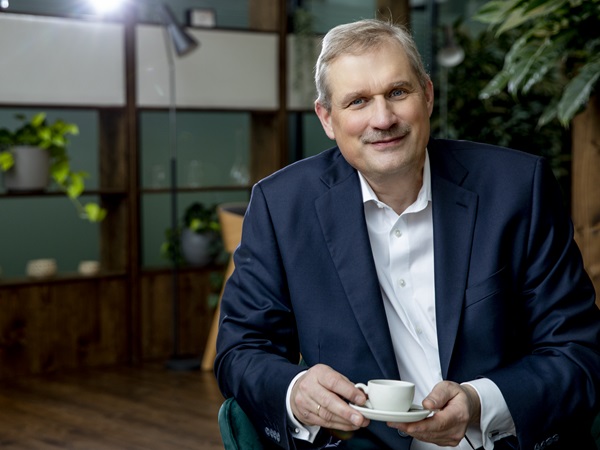Date: 4 July 2007
Back then, only few people sensed that this insular state would rise to become the world’s second largest economic power. Anyone who asked for either Toyota or Sony in Europe and North America was usually greeted with only the shake of a shoulder. Today, Toyota is on its way to becoming the world’s largest carmaker. And Sony has already conquered households everywhere with its televisions, recorders and cameras.
SCHOTT has achieved the same goal in Japan that Japan’s high-tech giants have achieved in Germany. Nearly no household there is free of products from SCHOTT, even if they cannot be seen at first sight. These high quality components perform important functions in cell phones, computers and watches, as well as cars. Epson, Sony, Matsushita and Toyota are only a few of the large companies that rely on the SCHOTT brand for quality.
For example, SCHOTT Nippon and the joint venture NEC SCHOTT Components (NSC), based near Kyoto, have experienced a success story that parallels Japan’s rise. Today, these companies with 250 employees generate sales of 200 million euros, more than half of which can be traced back to the sales organization that doubled its revenue to 117 million euros over the last three years. NSC has also been growing by more than ten percent annually since 2002 and by 20 percent in 2006. The current motors behind growth in Japan are backlights for flat screen monitors, as well as business with lenses for digital single lens reflex cameras, beamers and camcorders. Glass ceramics for use in LCD lithography, glass-to-metal seals for electronic components and refined optical components are also selling well.
SCHOTT Ceran® glass ceramic cooktop panels represent yet another important product segment. Since 1972, SCHOTT has been producing them exclusively for Rinnai, a leading Japanese household appliance manufacturer. Partnership and customer orientation are important keys to the Japanese market. SCHOTT expects yet another surge in this direction from the Application Engineering Center that recently opened in Tokyo to enable shared development of customized products. A look back at the 90s reveals what this type of team work can achieve. The world’s largest hourglass, five meters high and made from SCHOTT glass, then made it into the Guinness Book of World Records. ”This clock shows how well our superior technology works with products from SCHOTT,” emphasizes Masatoshi Sibata, Chairman of the Board of Management of the manufacturer, Sibata Scientific Technologies. And it stands for efficient use of time, an important factor in Japan’s success. ”Here, the highest quality and precision counts, down to the exact hour, from buying to manufacturing, as well as timely delivery,” says Airi Yukawa, head of SCHOTT Nippon. In this respect, SCHOTT has always worked like a true Japanese company.







Add new comment